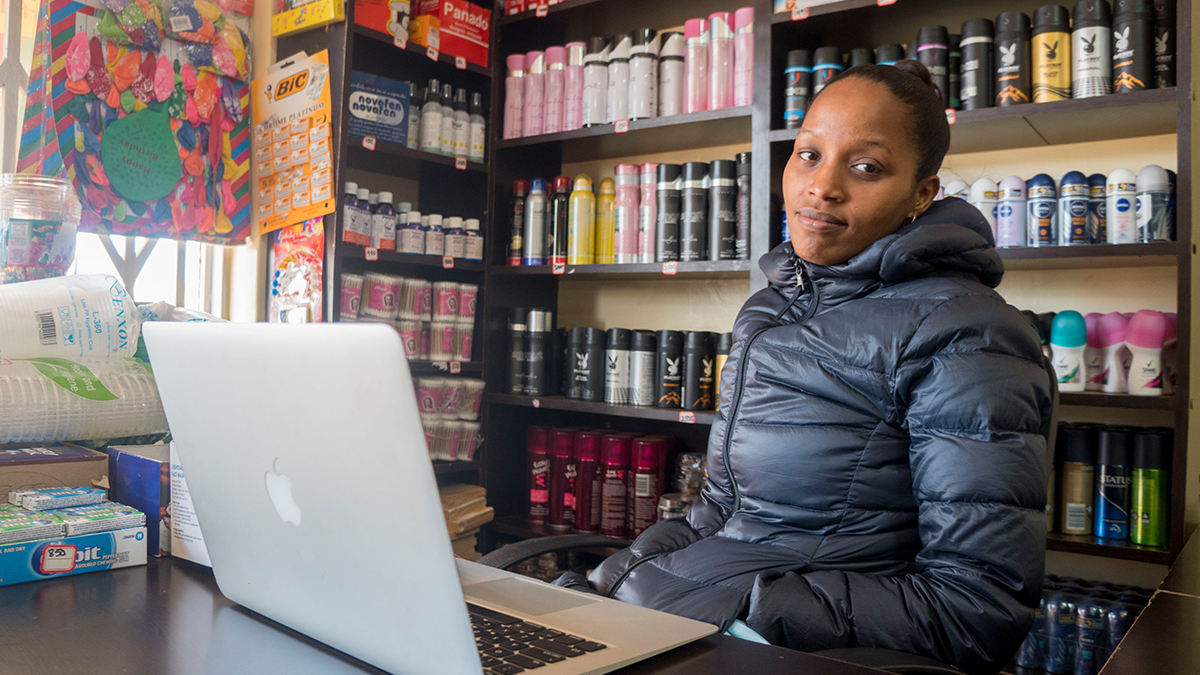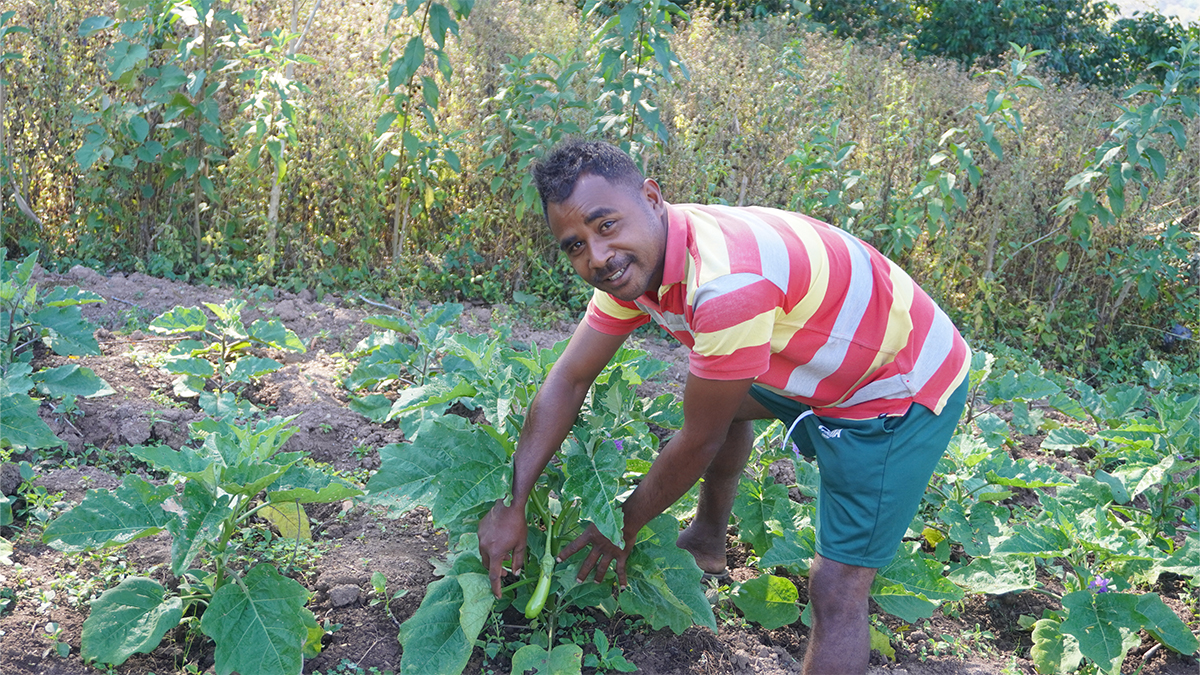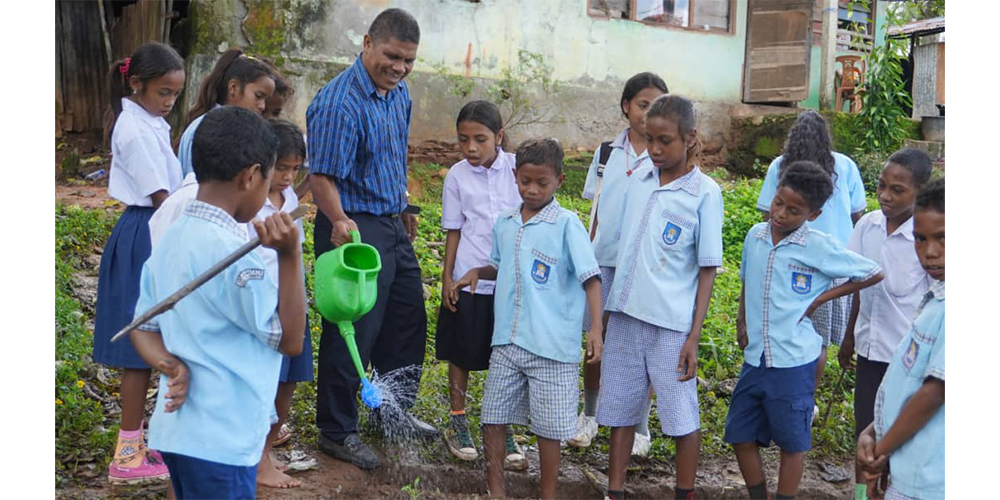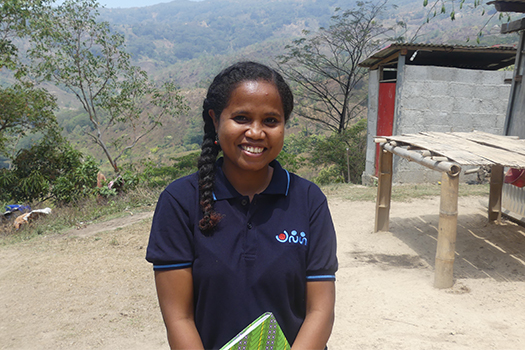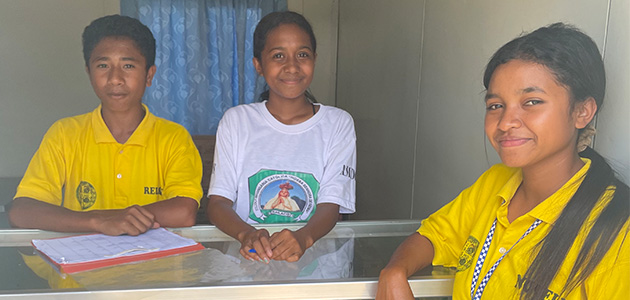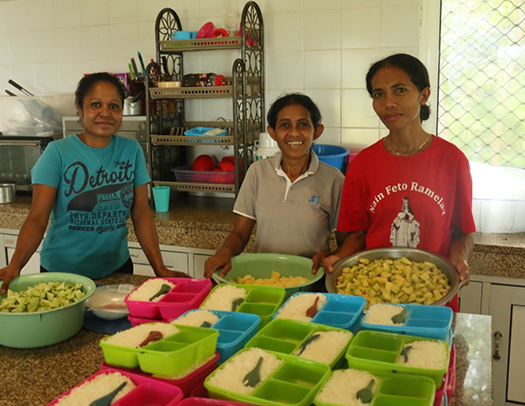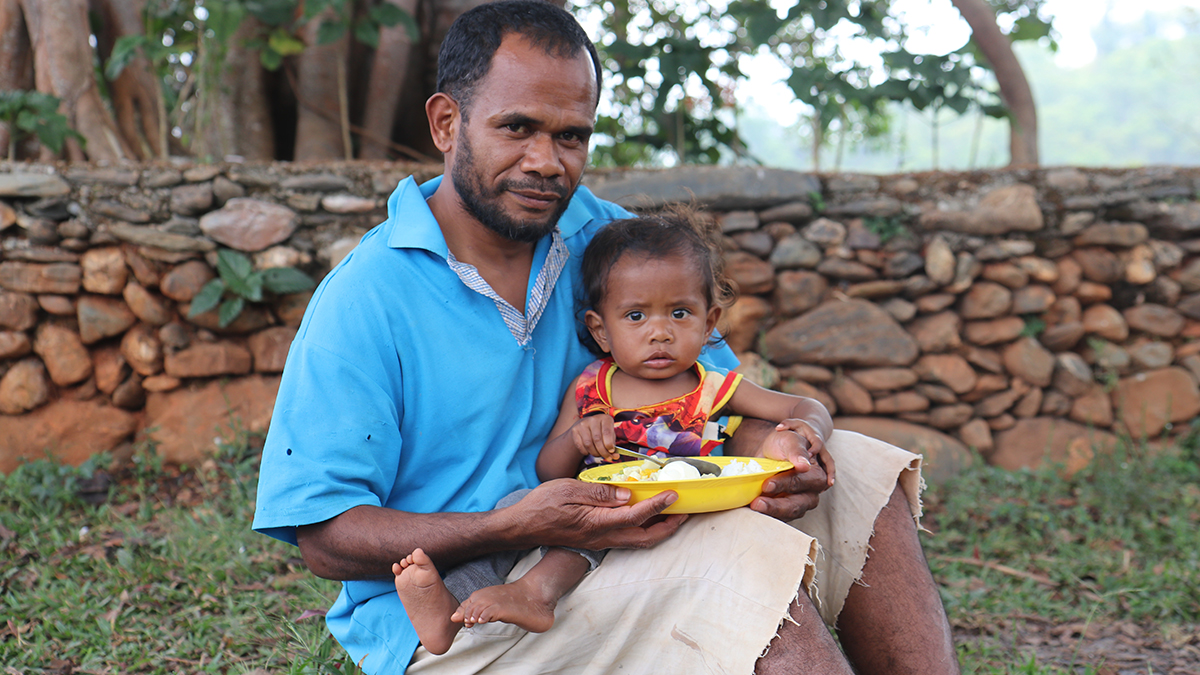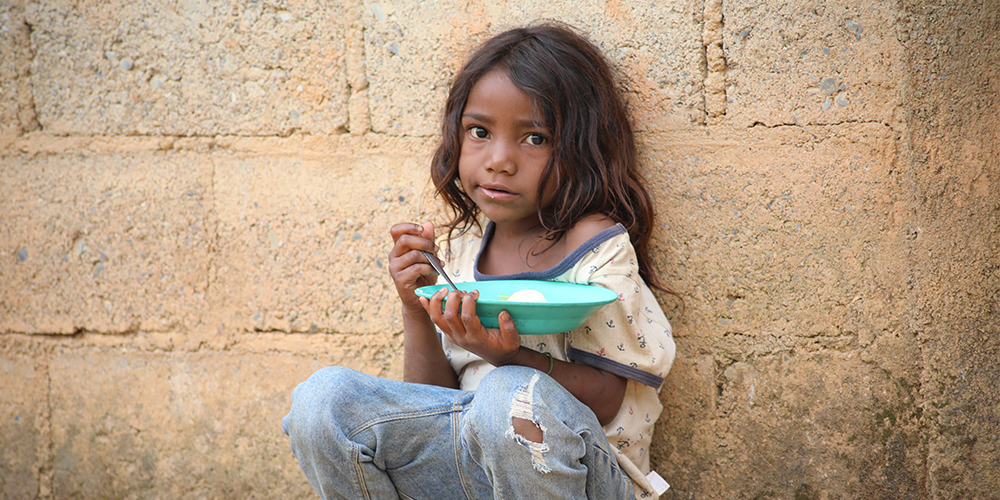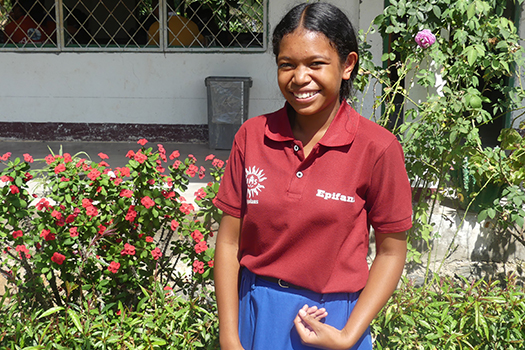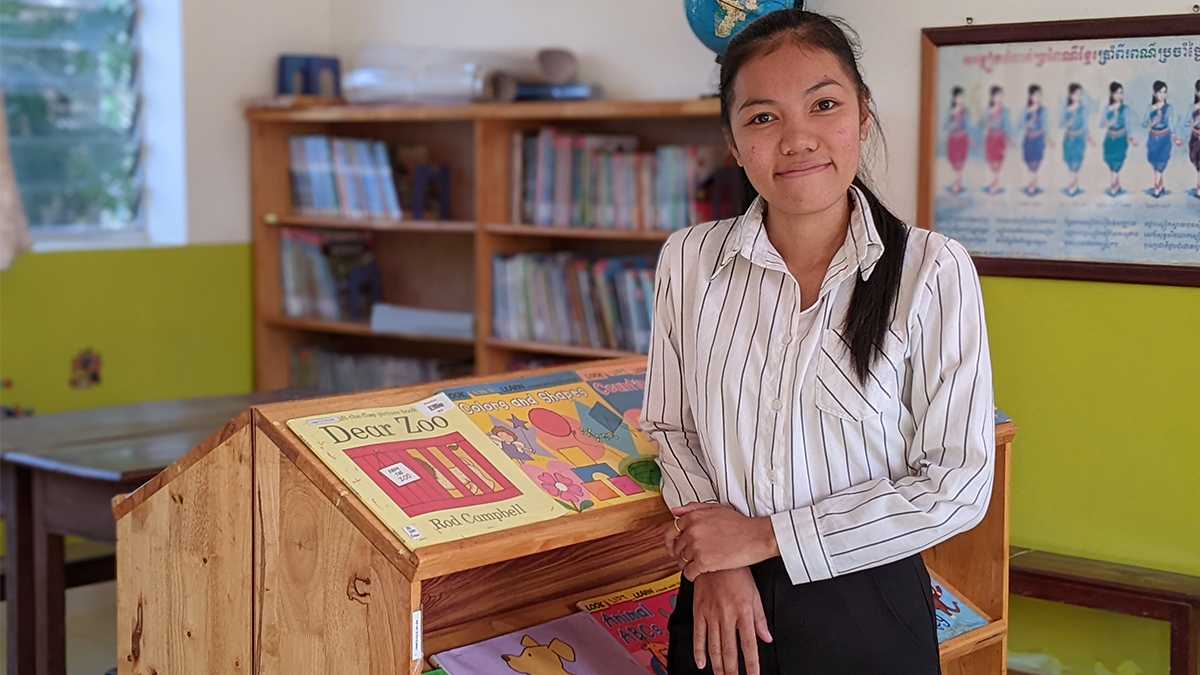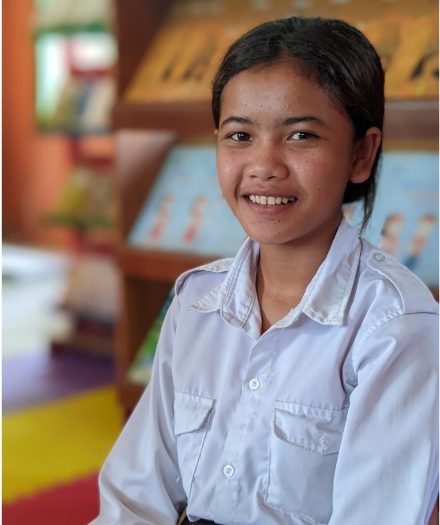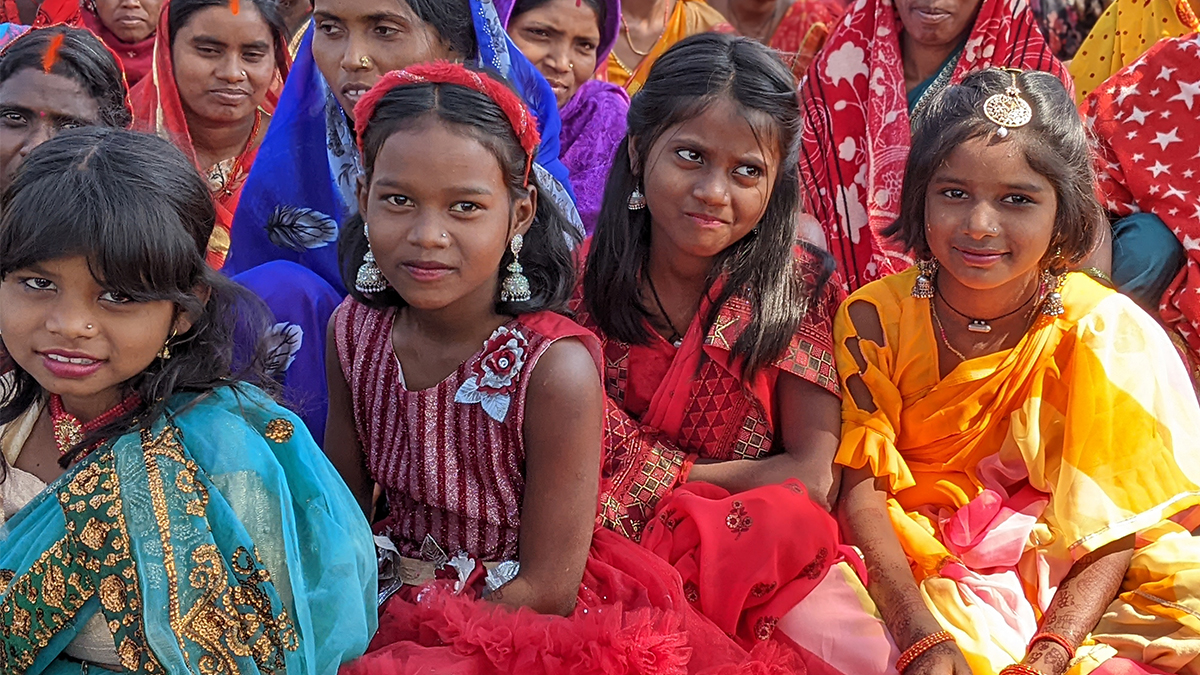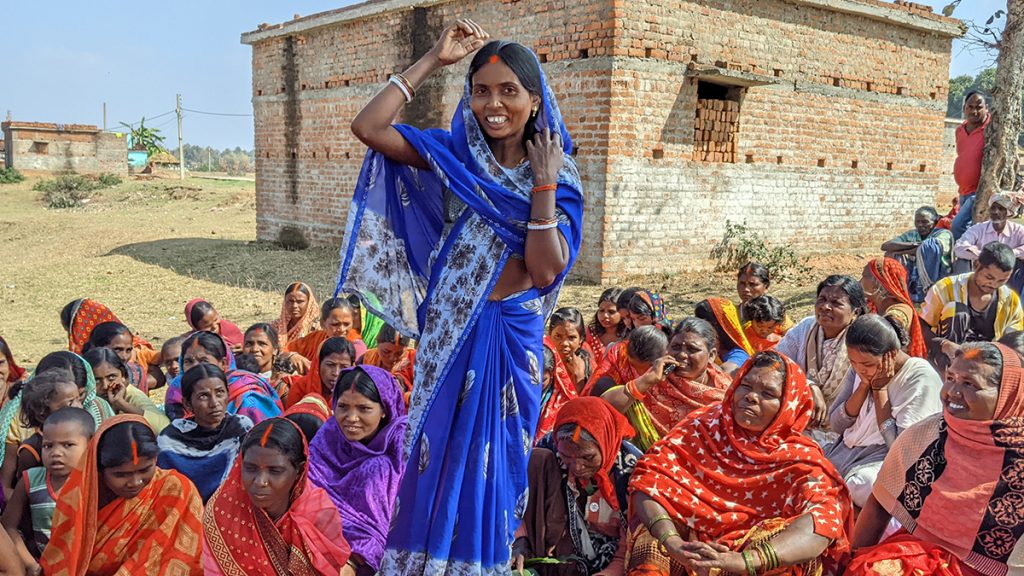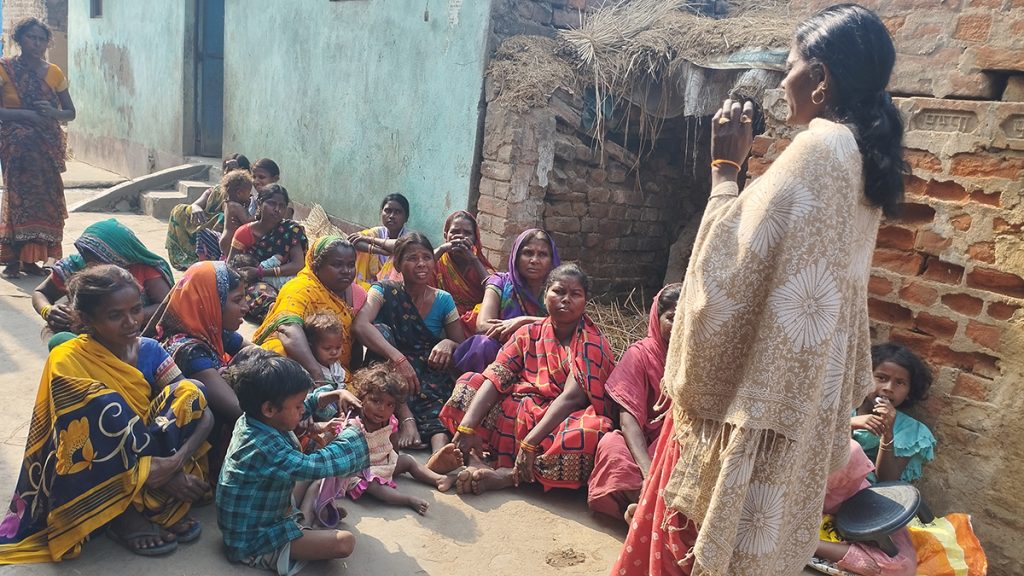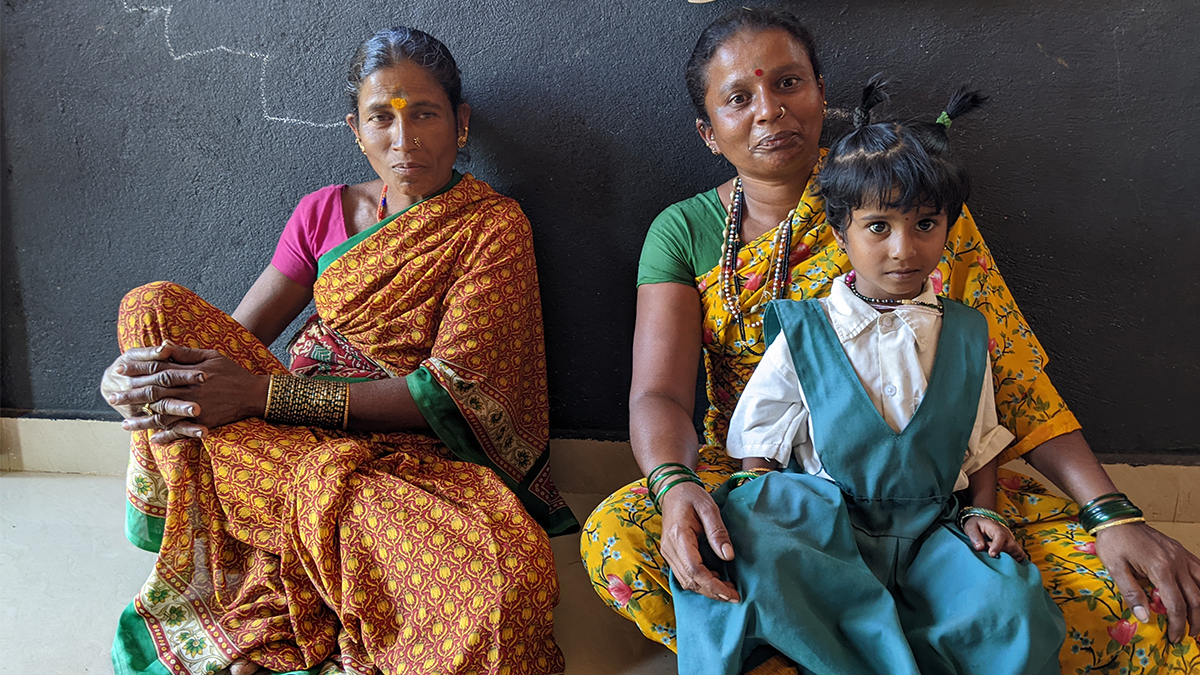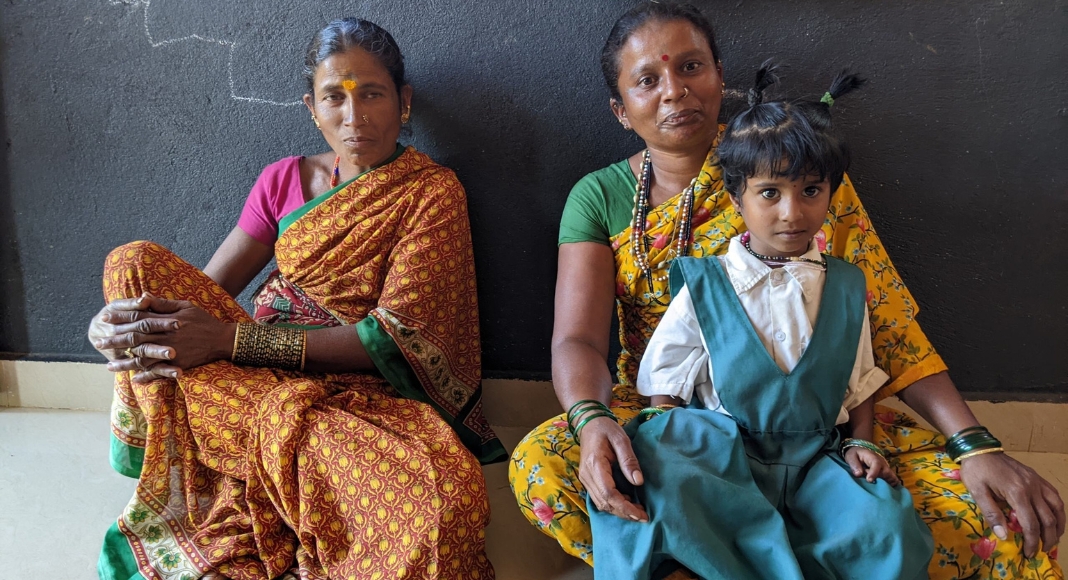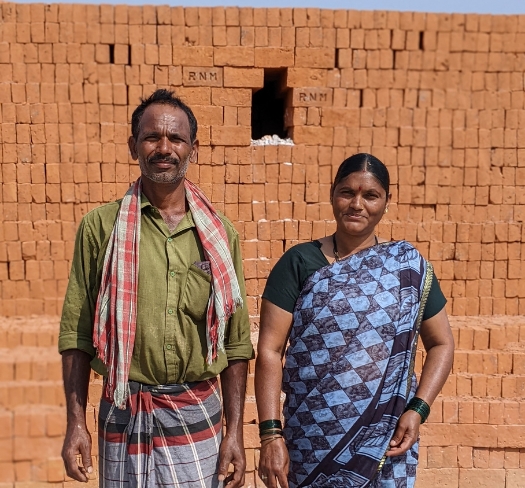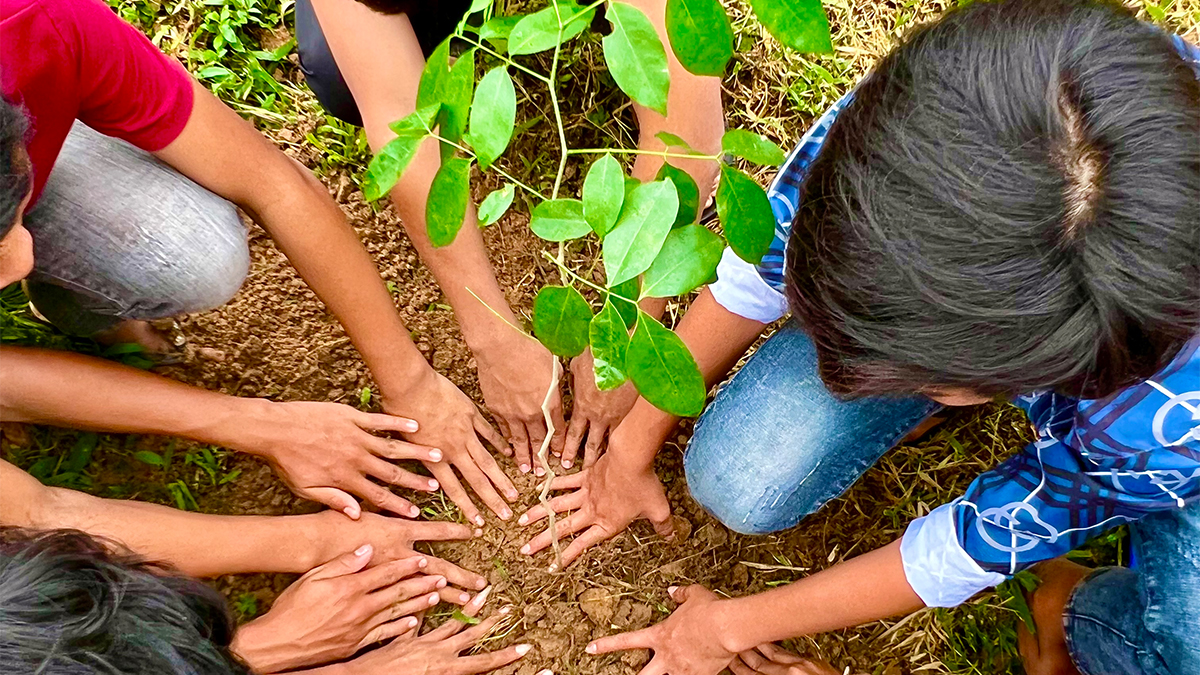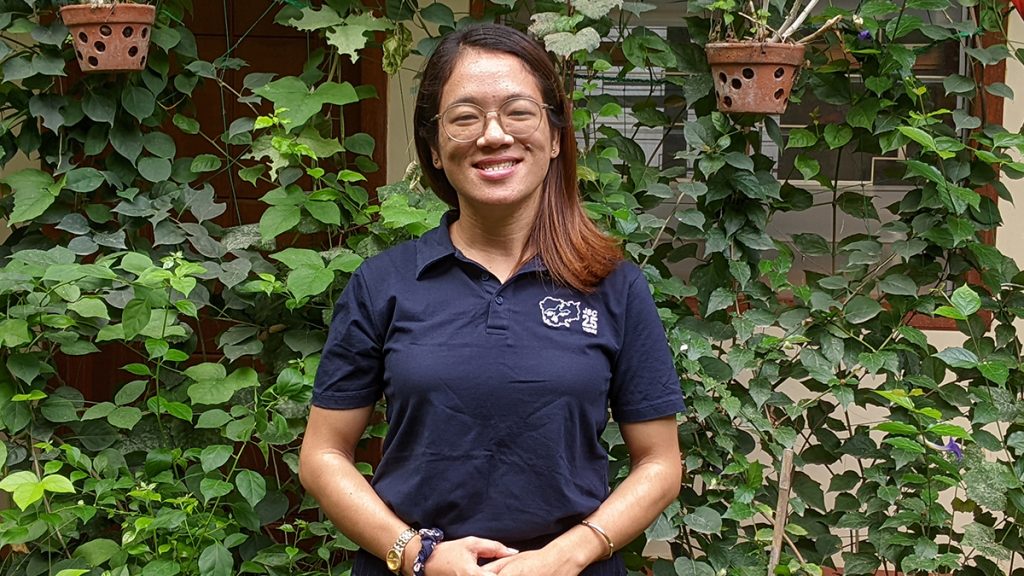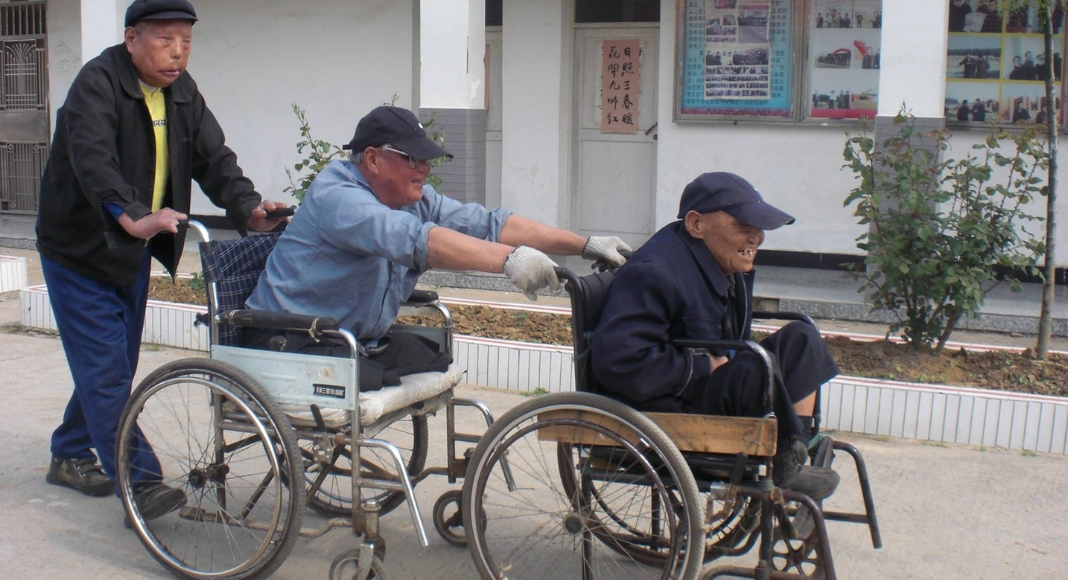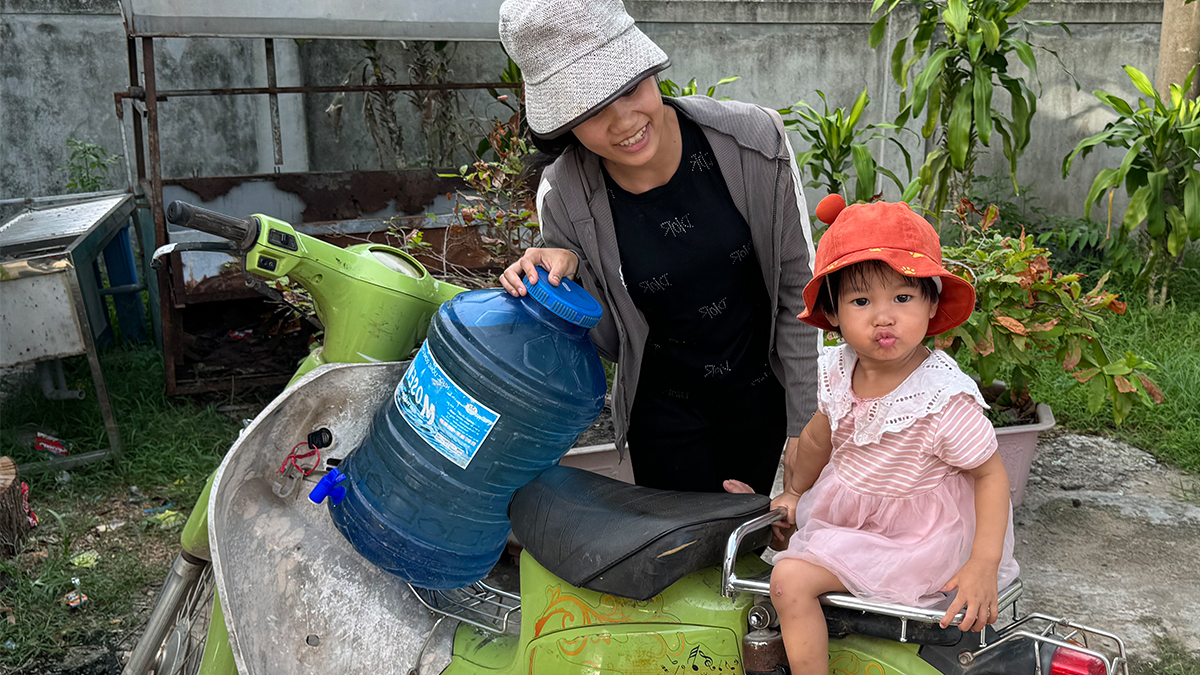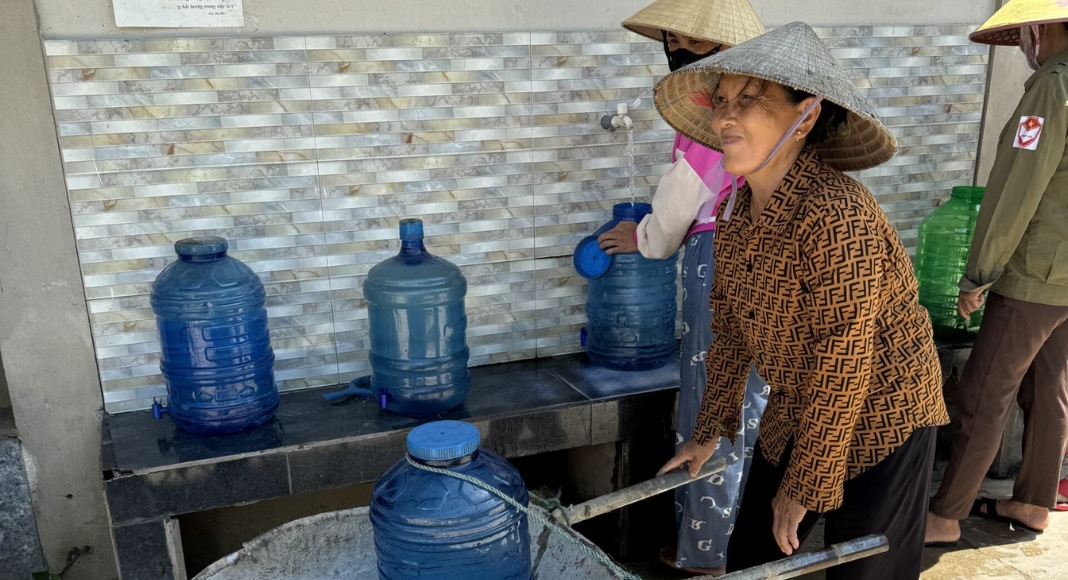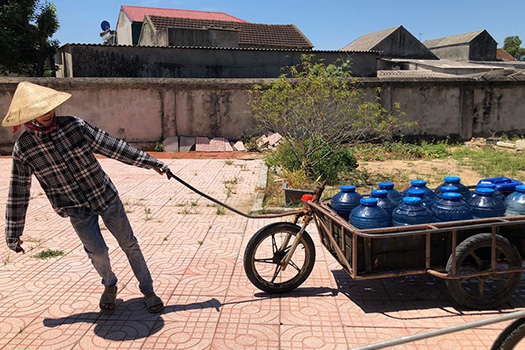An innovative digital inclusion program is giving camp-bound refugees in Malawi the skills they need to compete in the global online job market.
Almost 47,000 refugees and asylum seekers live crowded together at the Dzaleka camp, which was originally designed to accommodate just 1,000 people.
Conditions are extremely difficult and movement outside the camp is restricted, which means there are very limited opportunities to work. As a result, most refugees live well below the poverty line and must depend on food rations.
For the vast majority, their stay at Dzaleka will not be short. The average wait for resettlement is around 21-26 years.
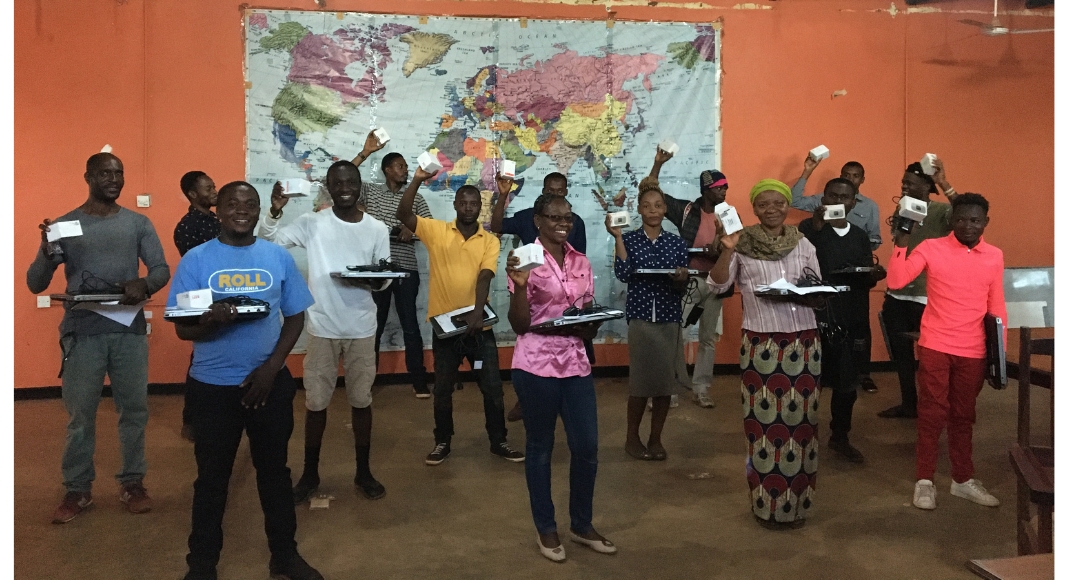
To respond to this ongoing need, our local partner Jesuit Refugee Service (JRS) Malawi, developed the hugely successful Pathfinder Digital Inclusion Program. This innovative program trains participants in highly marketable digital skills they can use to enter the global online job market. This allows camp-bound refugees to generate immediate income, and establish long-term livelihoods.
Thanks to the compassionate support of people like you, participants use up-to-date computers and software programs, and learn skills in areas including graphic design, document layout, data analysis and more.
“This program is rewriting the narrative of refugees. Our graduates are now working and competing with the best in the world – they’re no longer refugees when they’re doing that.”
Fr David Holdcroft SJ, Founder of the Digital Inclusion Program
Course graduates, who previously had no opportunity to make a living at the Dzaleka camp, now earn an income that brings independence and dignity. They can now buy food, improve their living conditions and invest in items like bicycles that can be used to transport goods for further income.
The program offers refugees a way to work in a global context, unhindered by their status as refugees.
Stany’s Story
For Stany (30), the program has been nothing short of transformative.
After fleeing violence and conflict in his home country, Stany arrived at the Dzaleka camp. Disadvantaged and confined to a refugee camp, Stany couldn’t earn a living. “Being alone and without any financial assistance, it wasn’t easy,” he says.
Stany is one of almost 47,000 refugees and asylum seekers that live crowded together at the Dzaleka camp, which was originally designed to accommodate just 1,000 people.
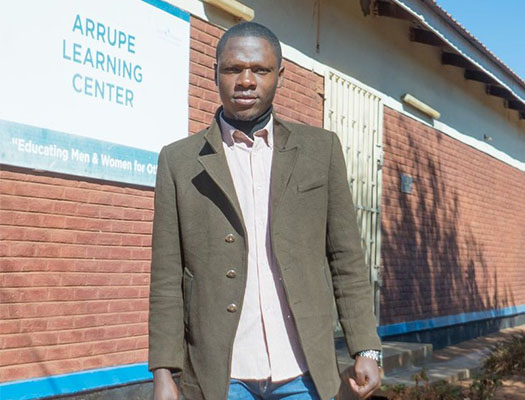
“I have learned that life is more than being a refugee, relying on food rations, and waiting for resettlement.”
Stany outside the Jesuit Refugee Service Malawi, Arrupe Learning Centre.
Stany was part of the first group of participants in the Digital Inclusion Program in 2019. Along with his classmates, Stany completed the foundational course and then moved on to practical training that helped him get experience finding and completing freelance jobs for international clients using platforms like Upwork and Fivrr.
“The opportunity that the Digital Inclusion Program offered me allows me to earn my financial freedom by being self-employed online,” he says. “My life is no longer the same.”
Stany graduated top of his class and he’s been able to generate a steady income using his new business and digital skills. He frequently wins freelance jobs in three main areas: translation, writing and administration support.
